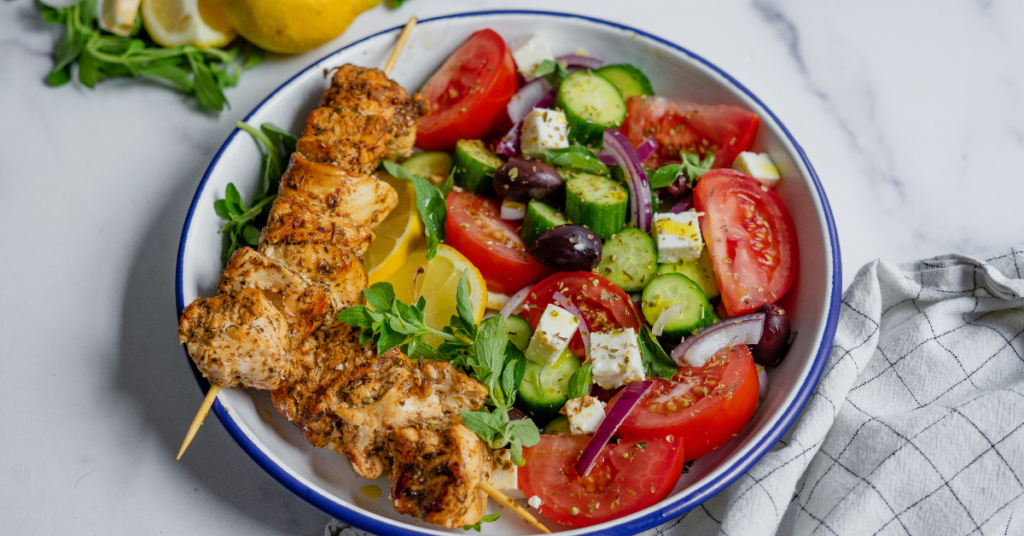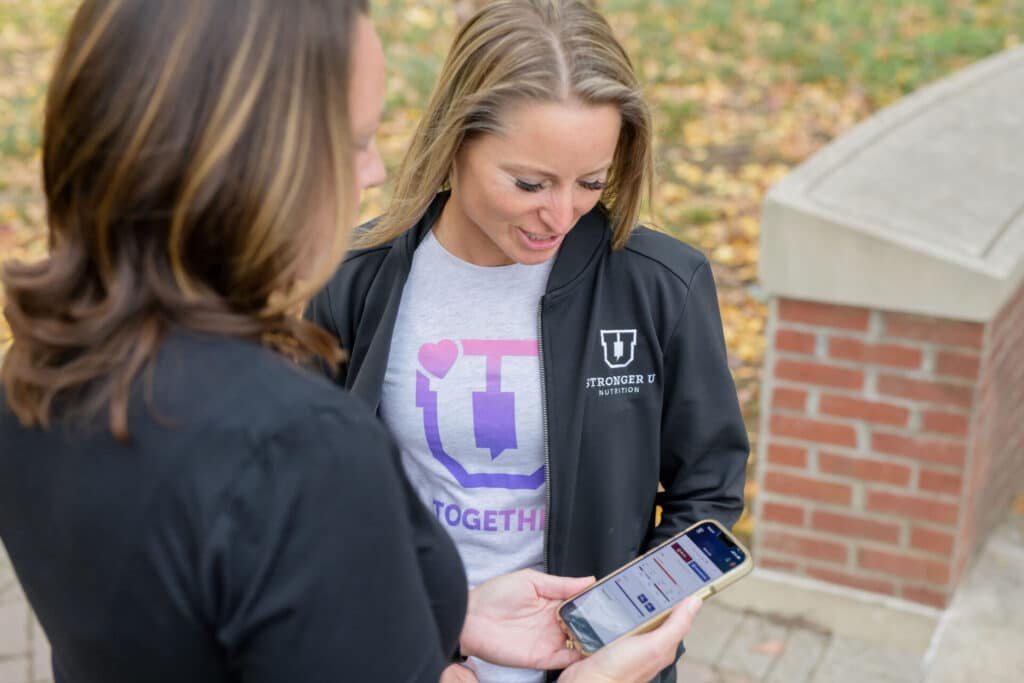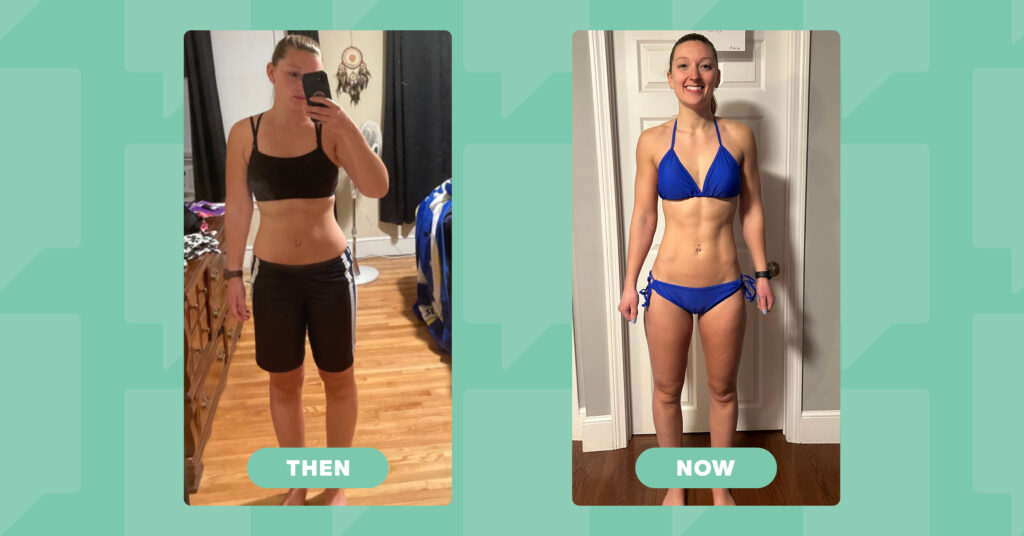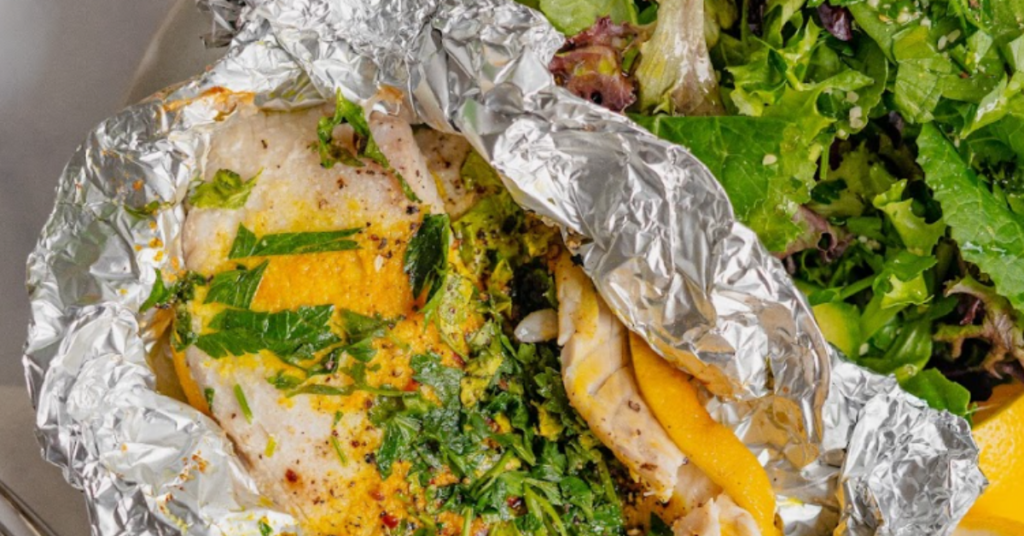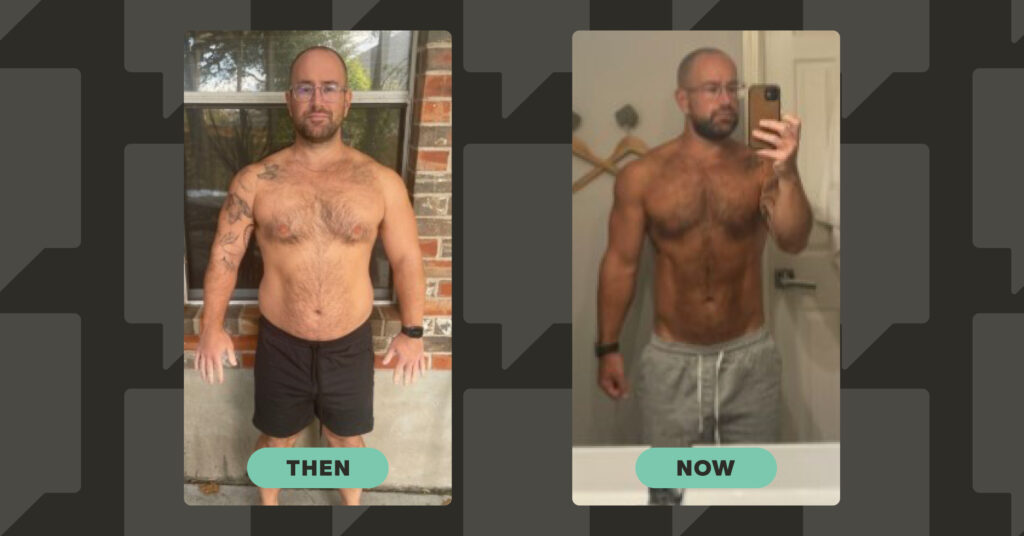When I first met Sheila it was a relatively normal day at the gym I worked in. One of those quiet Wednesday mornings where I was just trying to pass the time by scrolling around on Facebook and drinking way too much coffee. That all changed when in walked this tour-de-force of a woman named Sheila. There was no ignoring her, and there certainly wasn’t any getting out of this meeting. Sheila was hellbent on talking to me and figuring out what in the world was wrong with her. She walked into the office and plopped down in the chair, tossing her purse down on the floor in resignation as she did so.
“I’ve been doing this stupid diet thing for nearly three months now and I still haven’t seen any results. Quite frankly, it’s pissing me the hell off.”
Sheila obviously had a right to be pissed. She was overweight, unhappy with the fact that nothing ever seemed to work, and she was just about ready to give up. Sound familiar?
So Sheila and I got to talking. She had been dieting for quite a while but didn’t have an accurate idea of how many calories a day she’s eating, which is usually a problem for quite a few dieters. She’d been exercising, but not with any real plan. She took a step class on Tuesdays, did a yoga class on Thursdays, and then tried to fit in 2 more workouts during the week somewhere. And all of it was beginning to feel impossible. She felt like there was no way she was going to lose the weight, much less, feel comfortable wearing the bikini on Spring Break like she was hoping for.
It was clear that Sheila was frustrated, and she had a right to be. During our 30 minute conversation, it became clear that she placed the blame squarely on her shoulders for her failed weight loss efforts over the past few months. To Sheila, the fact she hadn’t seen success was a testament to just how much of a failure she really was.
It didn’t help that every time she got on Instagram she saw what felt like a million different people post their own 12-week transformation, each one somehow more dramatic than the last. Which only made Sheila blame herself even more. She knew how to eat healthy, she knew she worked out and got sweaty a few times a week. Why wasn’t this working?
Sheila lacked the one tool necessary to make weight loss happen over the long term.
Dieting is hard. It tests you in more ways than one. It’s an exercise in planning, discipline, and how well someone can change their relationship with one of the most important things in our lives: food.
It’s also confusing. Everyone seems to have some sort of opinion, and they’re more than happy to tell you all about what’s wrong with your diet and why their diet is better. Oh, and there’s that whole hunger thing that almost all of us have to learn to deal with at some point or another.
Because of the wealth of information, the confusion, and the difficulty, people listen to their friends or read the next diet book that the popular TV Doctor of the day recommends, always looking for the next option. The one that might just be a bit easier than the last. They jump on that diet, succeed for a few weeks, see a modest change, and then life intervenes. The weight comes back, plus some.
Wash, rinse, and repeat a few months later. A new diet book. A new diet. A new 10lbs added at the end of it.
In Sheila’s case, all with only herself to blame. Sound familiar?
The biggest key to long-term weight loss is compassion… for yourself.
How freaking hokey, I know. Loving yourself to weight loss?
Really Tanner? That’s the key you’re giving me to make sure I lose weight? Why not some nifty meal planning trick, or to eat more spinach salads? Why not the cleanse that my friend Jenny did?
Here’s where things get good: this isn’t just my half-baked idea on how people should live their lives. There’s truth to it this, and the good people at the Harvard Business Review agree. What we’re talking about here is removing your ego from the equation, taking an objective look at what has happened, admitting our faults, and most importantly: not making a value judgment about ourselves because of those faults.
It’s easy to be objective and mad as a hornet’s nest at how we’ve allowed ourselves to get to this point, why we haven’t taken action before, and on and on the spiral can go. No, this exercise can’t stop there. The next step is that you have to take a loving and accepting look at you, your actions up to this point, and how you can get yourself past this. Essentially, you need to become your own Mr. Feeny.
In Boy Meets World Mr. Feeny was the quintessential example of someone who worked to teach the uncomfortable truths of life to his pupils with love in his heart. No matter if Cory and Shawn were trying to burn down his school, Mr. Matthews needed relationship help, or Eric just needed someone to talk to. Mr. Feeny was there, always listening, always offering to help, but never from a place of judgement—always holding space for love and compassion for those around him.
This is exactly how we need to treat ourselves in our weight loss journey.
Ego can be a dangerous thing. In some instances, we all need a little bit of ego. It can be helpful to remember just who we are and what we’re capable of; sometimes that reminder best comes from a good hard talk with the person staring back at you in the mirror.
However, that can’t always be our default setting. Ego doesn’t allow us to take an objective view of the things that occur. By trying to uphold our ego, we’re afraid to admit the truth to ourselves. We don’t always own up to our failures as we should, and we take more credit for our wins than we probably deserve. That damages our ego and it becomes a dangerous cycle; constantly protecting our ego by telling lies to ourselves about what has really taken place.
Because when you have an ego that needs to constantly be fed, eventually you’re the only person feeding it. Normally feeding it with half-truths about things and events that have taken place in our life. Self-compassion, on the other hand, allows us to remove ego from the equation. It’s the opposite of ego. Self-compassion is looking at yourself in a loving and accepting light; understanding that slip-ups are bound to happen, and those slip-ups are what make you a human. A beautiful, messy, and perfectly flawed human.
And when those slip-ups do happen, as they inevitably do, our own little Mr. Feeny walks in the back door of our brain and sits us down on the couch. He tells us how proud of us he is for coming this far, helps us look back at all the hard work we’ve accomplished, and celebrates that. He makes sure that we understand that a screw up happened, but to dwell on it does us no good. We should just accept that it happened, realize it’s now in the past, and get right back in the present.
But isn’t that just kind of lame?
Yeah, look, I get it. For many of us, this approach that touts love and forgiveness might sound “weak” or “lame”. But that’s only when you look on the surface.
When we take a deeper look at practicing compassion with ourselves, we realize it’s the strongest thing we can possibly do. Practicing compassion and loving yourself isn’t absolving yourself of all wrongdoing. It’s looking headlong at all the ways in which you’ve messed up and deciding that you won’t let those past failures define you. It’s confronting the messy reality that is being a human in this world, seeing all the good with the bad, and then working to change those. Not because someone else told you to, but because you love yourself enough to create a better life for you.
Sheila had a similar story to quite a few women out there. She’s a busy mom of 2 active little kids. Her husband works downtown. She works too. She’s responsible for about 20 different things before she even walks out the door to go to work. If Sheila doesn’t get things done, the entire family goes into disarray.
It took Sheila awhile to get that. We sure didn’t have that breakthrough in our first meeting. But over time she started to slowly change. She might come in on a Monday morning and talk about the missteps of the weekend, but her tone was different. She wasn’t telling me from a place of fear or shame. There was an understanding that she hadn’t been perfect, but that didn’t mean this whole thing was over. Those missteps just offered Sheila a chance to learn.
Sheila quit blaming herself for her failures though. She admitted to herself that those failures happen. They clearly happen to everyone. It didn’t make her some special failure because she struggled to juggle all of those things. It made her a normal person who is trying to figure out their way in the world.
Sheila started loving herself. She realized the value that comes in admitting when something goes wrong, and that she doesn’t have to stop loving herself because of that. A misstep wasn’t an indictment of her character, it was just an event that happened. She quit blaming herself. She found a group of women focused on the same goal: weight loss. She lost her weight and kept it off. And she couldn’t have been more proud of how comfortable she felt in her bikini on Spring Break.



